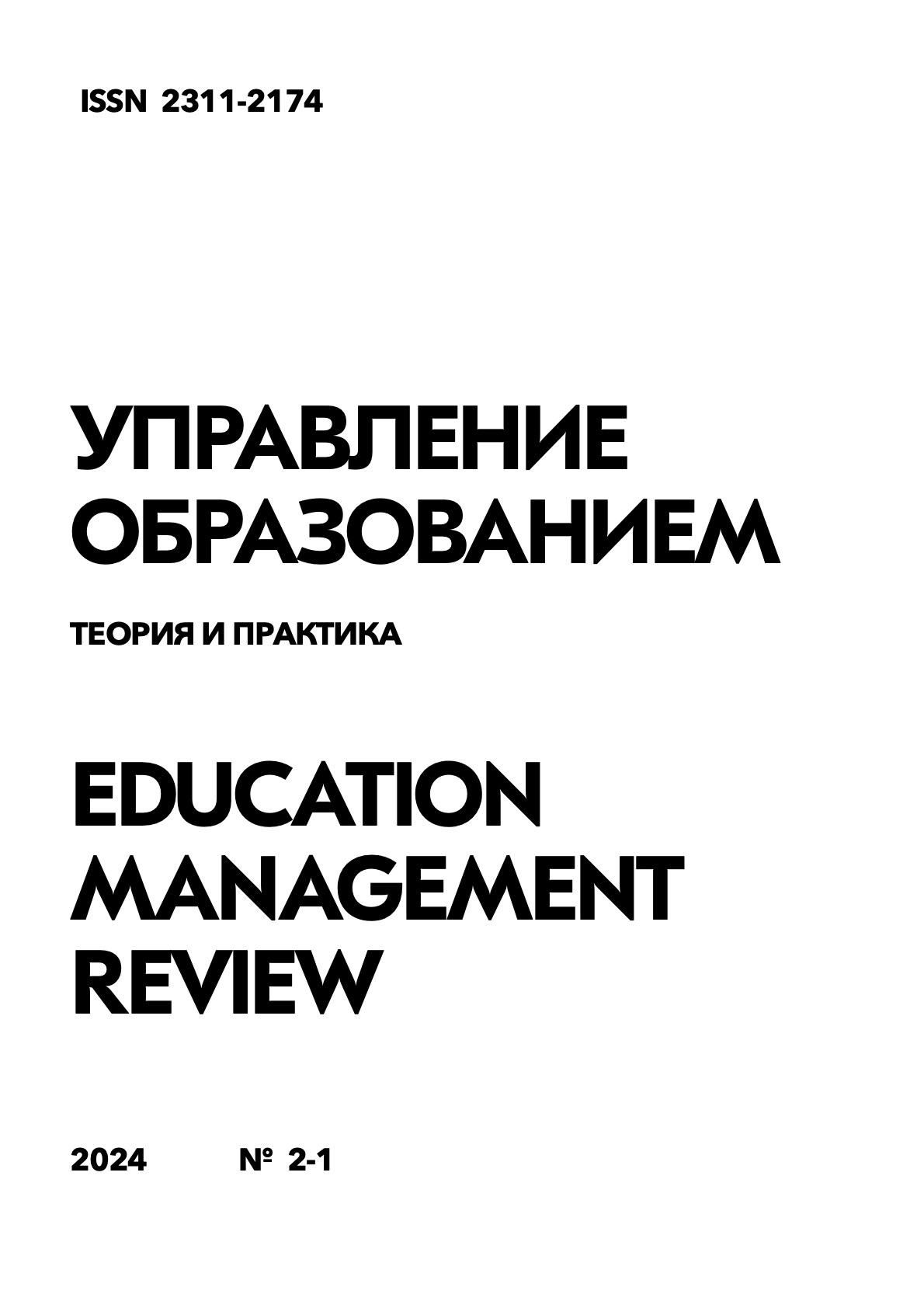The use of project-based learning methods to develop critical thinking and problem solving skills
DOI:
https://doi.org/10.25726/d2556-8428-4926-rKeywords:
project-based learning, critical thinking, solving complex problems, competencies, education, pedagogical experiment, cognitive developmentAbstract
This article discusses the application of project-based learning methods to develop critical thinking and problem-solving skills. The relevance of the research is due to the need for students to develop competencies that are in demand in the modern dynamic world. The purpose of the work is to study the effectiveness of using the project approach in the educational process to stimulate the development of cognitive abilities and practical skills of students. Research materials and methods include the analysis of scientific literature on the problem, pedagogical observation, questionnaires, testing, as well as pedagogical experiment. During the experiment, two groups of students in grades 10-11 (experimental and control) of 25 people each were formed. In the experimental group, training was conducted using project-based learning methods, while in the control group traditional methods were used. The experiment lasted one academic year. The results of the study demonstrated that the use of project-based learning contributes to a significant increase in the level of development of critical thinking and problem-solving skills among students. Thus, in the experimental group, the proportion of students with a high level of critical thinking increased from 20% to 68%, and with a high level of problem solving skills – from 24% to 72%. In the control group, these indicators were 24% and 32%, respectively. In addition, the students of the experimental group demonstrated higher motivation, independence and creative activity in educational activities. The results obtained confirm the effectiveness of the application of project-based learning methods for the development of key competencies of students and allow us to recommend a wider implementation of this approach in educational practice.
References
Авдеев В.В. Работа с командой. Психологические возможности. Практикум. М.: КУРС; ИНФРА-М, 2019. 152 с.
Анчугова Е. В. Современные образовательные технологии по ФГОС НОО // Международный центр образования и педагогики. 2022. № 1. С. 1-12.
Валиулина И.Е., Задкова С.А. Приемы технологии развития критического мышления, способствующих развитию коммуникативных УУД обучающихся // Вестник научных конференций. 2017. № 2-1(18). С. 27-29.
Варганова Д.Л., Павлов Ч.С., Свистунов А.А. Кокрейновская методология оценки эффективности лекарственных препаратов, отечественный вклад в работу международного Кокрейновского сотрудничества // Сеченовский Вестник. 2019. № 10(4). С. 31-7.
Загвоздкин В.К. Проблема ключевых компетентности в зарубежных исследованиях. Вопросы образования. 2009. № 4. С. 257-72.
Зайцева К.С., Панов Н.А. Формирование компетенций «4К» обучающихся профессиональных образовательных организаций: метод. рек. СПб: Изд-во ГБУ ДПО Санкт-Петербургская академия постдипломного педагогического образования, 2021. 34 с.
Иванова С.В., Малова А.В. Новые педагогические технологии в обучении иностранным языкам // Современные методы и технологии преподавания иностранных языков. Чебоксары: Изд-во Чувашского государственного педагогического университета, 2019. С. 38-42.
Пеньковских Е.А. Метод проектов в отечественной и зарубежной педагогической теории и практике. 2010. № 4. С. 307-319.
Савченко Я.В., Раменская Л.А. Особенности формирования системы управления проектами в сфере НИОКР // Вопросы инновационной экономики. 2018. Т. 8. № 4. С. 631-646.
Саркисян Ю.А. Игровые методы обучения иностранным языкам // E-Scio. 2022. № 5(68). С. 459-464.
Хамидуллин В.С. Основы проектной деятельности. СПб.: Лань, 2021. 144 с.
Цымбалюк А.Э., Виноградова В.О. Психологическое содержание soft skills // Ярославский педагогический вестник. 2019. № 6. С. 120-127.
Шрюфер Г., Вренгер К., Линдеманн И. Образование в интересах устойчивого развития: «рефлексии» как инструмент формирования компетенций // Вопросы образования. 2020. № 2. С. 152-74.
Яковлева Н.Ф. Проектная деятельность в образовательном учреждении: учеб. пособие. 2-е изд., стер. М.: ФЛИНТА, 2014. 144 с.
Яшина, М. Е., Закирова Л.Р. Технология проблемного обучения старшеклассников иностранному языку на современном этапе // Проблемы современного педагогического образования. 2022. № 76-1. С. 338-341.




